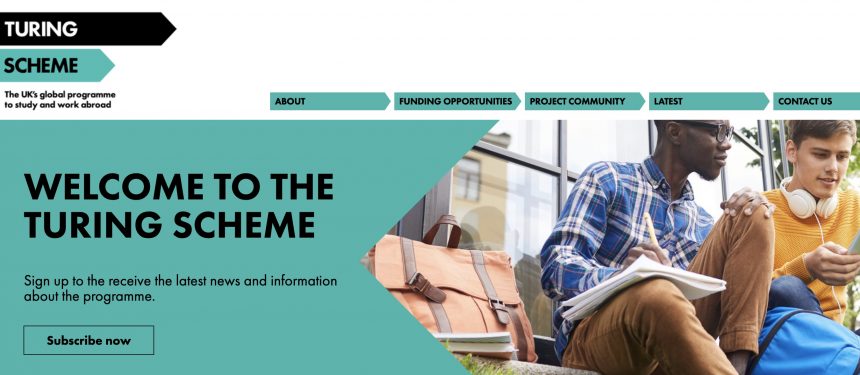Work Based Learning (WBL) was introduced to the public in 2013 in Lithuania while chairing the […]
Eduwork.Net is excited to announce the launch of our Virtual Networking Space, accessible at https://vetmobility.eu/vet-community/.
In Italy, Higher Technical Institutes (ITS) system offer non-university tertiary level education, leading toward an EQF […]
EQAVET – the European reference framework for quality assurance in vocational education – prioritises the importance […]
Background The Eduwork.Net Project aims to facilitate the exchange of knowledge, feedback and sharing of best […]
Offered free of charge, the webinars invite VET principals/teachers/administrative staff to learn how to plan and organise a successful KA1 Erasmus+ mobility project for their learners and staff.
One of the ways that we are doing this is to ensure that European best practice and European tools such as EQAVET, that support the work-based learning dimension in VET are ‘brought to life’, shared and applied through our networks
One of Eduwork.Net’s aims to build networks and partnerships of VET providers and employers at regional, […]
The dual training paths represent an excellent WBL best-practice and a rich catalog of specific experiences. Five crucial factors for the success of a WBL program have been highlighted:
If first-level apprenticeship can be considered as the most important opportunity for young people to enter the labour market, its success and diffusion is also due to the experimentation of apprenticeship in vocational education and training courses under the "dual system".











Recent Comments